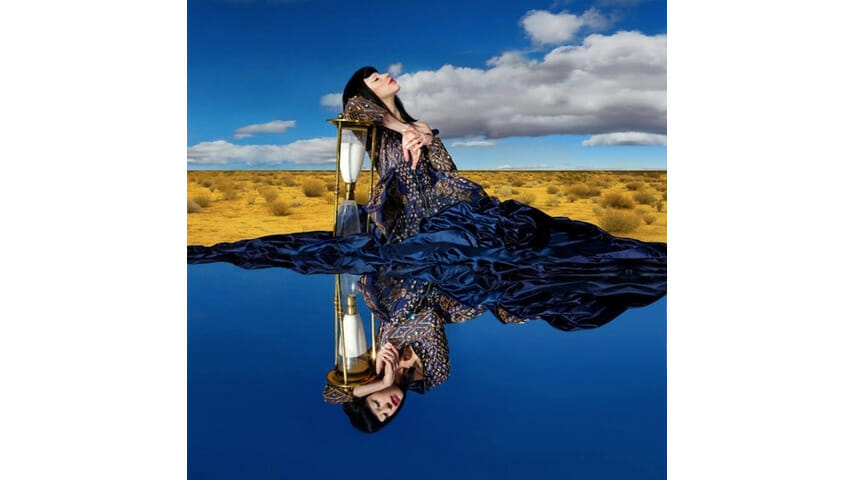Kimbra: The Golden Echo

New Zealander Kimbra Johnson is a surreal pop juxtapositionist—a mercurial oddball influenced equally by soul singer Minnie Ripperton and prog-metal extremists Meshuggah. Her second LP, The Golden Echo (which follows her breakout guest spot on Gotye’s elastic breakup ballad “Somebody That I Used to Know”) showcases the madness of her restlessly creative brain. From frizzy, Prince-aping funk to chirpy roller-disco to math-rock dissonance, no style or texture is off-limits—it’s the album’s biggest charm and also its unavoidable drawback: Kimbra spends so much time playing dress-up, it’s often hard to tell what she really looks like.
“I would get to that extent where I’d done so much experimentation with a song I was crashing Pro Tools [digital audio workstation] in the studio,” Johnson told the New Zealand Herald in a recent profile, crediting producer extraordinaire Rich Costey for reining in the wildest excesses. “I’m serious, over 300, 400 tracks on a Pro Tools session.”
-

-

-

-

-

-

-

-

-

-

-

-

-

-

-

-

-

-

-

-

-

-

-

-

-

-

-

-

-

-

-

-

-

-

-

-

-

-

-

-








































